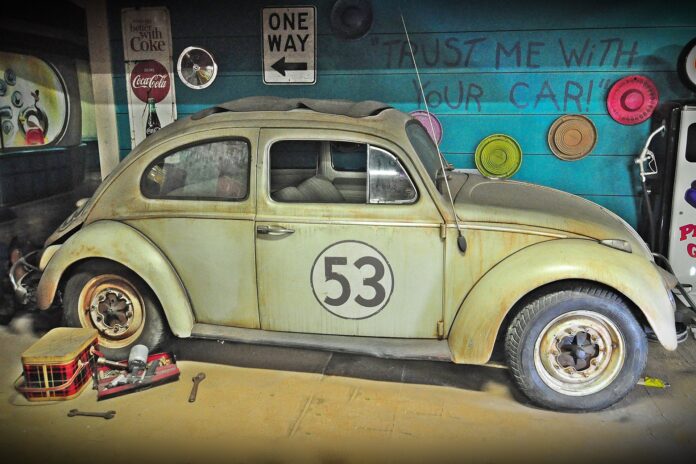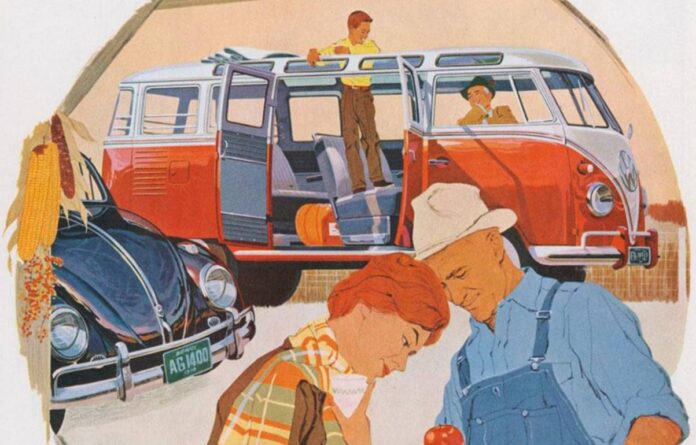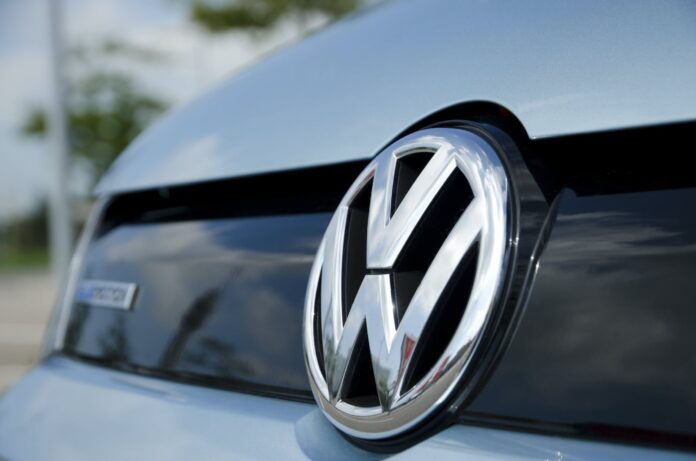Volkswagen, a German multinational automotive manufacturing company, has left an immense imprint on popular culture around the globe since its establishment in 1937.
Known for its classic models like the Beetle and the Van, Volkswagen cars have become symbolic and are often associated with particular periods, subcultures, and lifestyle perceptions.
From making appearances in films to being mentioned in music, these iconic autos have woven themselves into the fabric of global popular culture.
Its relevance and appeal have transcended generations due to their timeless design and functionality, as well as the feelings of nostalgia they evoke.
The rich history of Volkswagen and its far-reaching cultural influence has fostered a sense of connection in society – a testament to the brand’s durability and its ability to adapt to the changing times.
In this article, we explore the various areas of popular culture that Volkswagen has permeated, highlighting its enduring cultural significance and its role in shaping society.
Film and Television

The charm and iconic status of Volkswagen has found a welcoming home in the world of film and television over the years. It is difficult not to acknowledge the prominence of the classic Volkswagen Beetle in films like Disney’s “Herbie.”
This adorable anthropomorphic car captured the heart of audiences worldwide, painting an indelible image of the Volkswagen brand. The sleek and modern look of Volkswagen models like the Golf and Passat has been incorporated into the sophisticated world of James Bond movies, encapsulating the brand’s versatility and universal appeal.
Filmmakers’ choice of Volkswagen models is often indicative of particular character traits or scenarios. For instance, in the “Back to the Future” trilogy, the antagonists were seen driving a Volkswagen Type 2, widely known as the “VW Bus,” intended to represent their countercultural and rebellious persona.
On the other hand, the practical and affordable nature of Volkswagen cars makes them an ideal choice for everyday characters, crafting a relatable and authentic atmosphere.
Music & Arts
Volkswagen’s influence extends far beyond the realms of film and television, making substantial imprints in music and the arts. In music, artists frequently mention Volkswagen, immortalizing the brand’s image in their lyrics.
For example, in “Keep It Simple” by James Bay, he sings about an old Volkswagen van, resonating nostalgia and freedom. Similarly, the iconic VW bus has been the centerpiece in numerous artworks and music festival posters, mirroring its association with the counterculture and freedom-seeking groups of the 1960s and ’70s.
Discussing the cultural symbolism of Volkswagen in the music and art world, it becomes evident that the Volkswagen brand, specifically the VW bus, often represents not just a vehicle, but a lifestyle.
It’s seen as an emblem of freedom, adventure, and nonconformity, resonating with those who strive for those ideals. Its minimalistic design and utilitarian function have also made it an object of aesthetic fascination, earning it a space in modern and contemporary art.
Literature & Advertisements

Volkswagen doesn’t just exist on roadways and in garages; the brand has also found its way on the pages of various literary works and in the world of advertising. The description of cars in literature helps to define characters, set the mood, or even act as an integral part of the plot.
Ample examples can be found where notable authors have mentioned Volkswagen in their novels. For instance, in John Green’s “An Abundance of Katherines“, the main character Colin embarks on a road trip in a Volkswagen Rabbit, symbolizing his path towards self-discovery.
The role of Volkswagen’s advertising campaigns in shaping its cultural image cannot be overstated. With innovative and memorable advertisements like the “Think Small” campaign back in the 1960s, they revolutionized the advertising industry.
This was not just an advertisement for a small, economical car, but a reflection of post-war societal changes and a promotion of achieving greatness through simplicity. More recently, their “Click” campaign promoting seatbelt use conveys Volkswagen’s commitment to safety.
The Cultural Impact of Volkswagen

The effect of Volkswagen on popular culture and societal trends is significant. As a symbol of freedom and counterculture during the 1960s, the Volkswagen Beetle and the Volkswagen Bus formed an integral part of the iconic “hippie” culture.
Even today, the sight of these vehicles tends to evoke a sense of nostalgia for a bygone era of freewheeling exploration and changing societal norms. Volkswagen’s role in motor racing, notably in the World Rally Championship, adds to its vibrant and adventurous image.
Volkswagen’s brand image has played a paramount role in its popularity across various media. Its diverse range of models, from efficient family cars like the Golf to luxury SUVs such as the Touareg, appeals to a vast demographic.
Their cars are often associated with fundamental values like robustness, reliability, and simplicity, contributing to Volkswagen’s positive cultural perception.
Volkswagen’s influence in popular culture is both significant and enduring. Whether spotlighted in films or sung about in lyrics, referenced in books or featured in notable advertising campaigns, Volkswagen’s imprints are present across varied platforms of our day-to-day life.
Its extensive range of models and their associated symbolic values have anchored and strengthened Volkswagen’s place in our cultural narrative.








